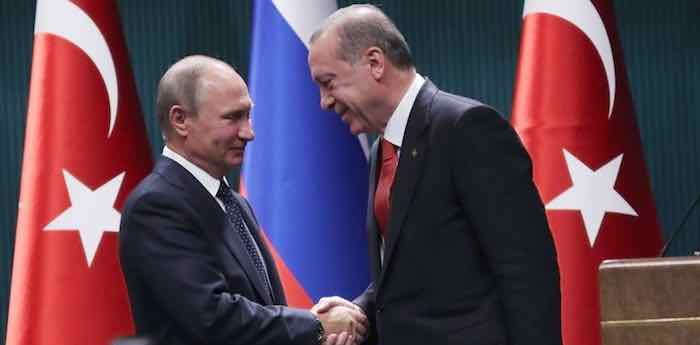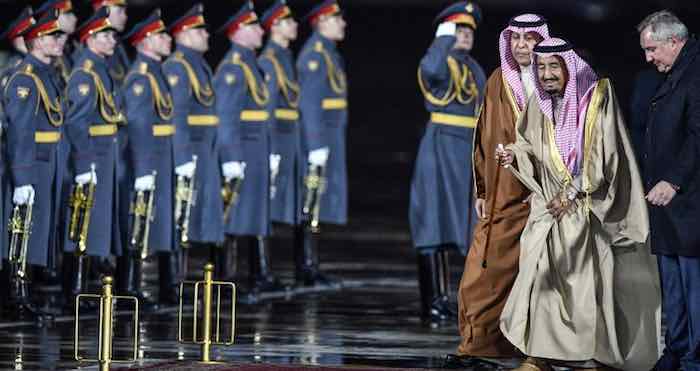Will the Protests in Iran Affect the Regime's Priorities?
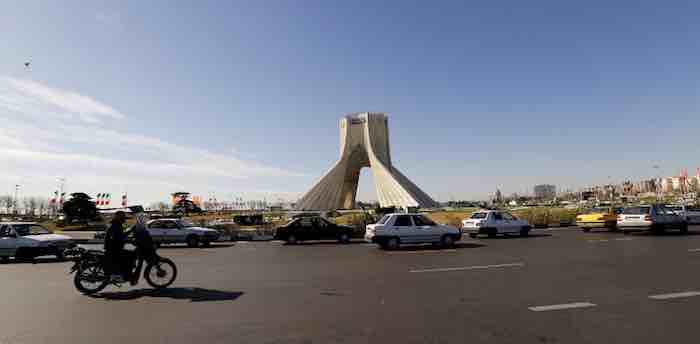 During the recent waves of protests in Iran, much criticism was voiced against the country's involvement in regional conflicts, particularly given the difficult economic situation within Iran itself. Demonstrators called for resources to be diverted from overseas to benefit the Iranian population.
During the recent waves of protests in Iran, much criticism was voiced against the country's involvement in regional conflicts, particularly given the difficult economic situation within Iran itself. Demonstrators called for resources to be diverted from overseas to benefit the Iranian population.
- Tuesday, January 23, 2018

 On August 30, 2017, the United Nations Security Council adopted Resolution 2373, which extends Resolution 1701 (2006) and the mandate of the United Nation’s Interim Force in Lebanon (UNIFIL) for another year. The main changes in Resolution 2373 from earlier resolutions lie in the request “to look at ways to enhance UNIFIL’s efforts... including ways to increase UNIFIL’s visible presence...within its existing mandate” and “to continue to issue prompt and detailed reports on violations of Resolution 1701...on the restrictions to UNIFIL’s freedom of movement… on specific areas where UNIFIL does not access ... and to further develop a reporting mechanism in order to provide concrete and detailed information on the aforementioned issues.”
On August 30, 2017, the United Nations Security Council adopted Resolution 2373, which extends Resolution 1701 (2006) and the mandate of the United Nation’s Interim Force in Lebanon (UNIFIL) for another year. The main changes in Resolution 2373 from earlier resolutions lie in the request “to look at ways to enhance UNIFIL’s efforts... including ways to increase UNIFIL’s visible presence...within its existing mandate” and “to continue to issue prompt and detailed reports on violations of Resolution 1701...on the restrictions to UNIFIL’s freedom of movement… on specific areas where UNIFIL does not access ... and to further develop a reporting mechanism in order to provide concrete and detailed information on the aforementioned issues.”
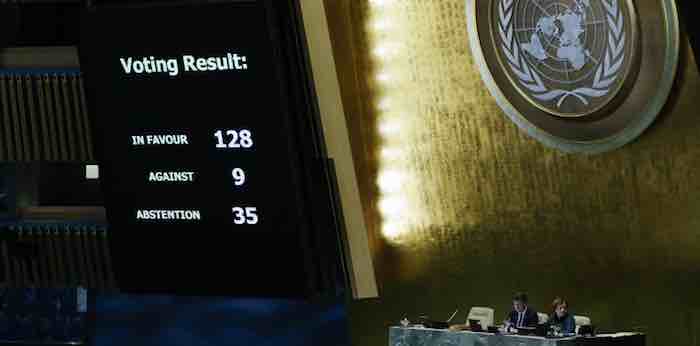 On December 6, 2017 President Trump announced that the United States recognizes Jerusalem as Israel's capital. What followed this controversial announcement in the UN realm was a flurry of initiatives, including a draft resolution submitted to the Security Council by Egypt; a resolution submitted to the General Assembly by Yemen and Turkey; Israel's withdrawal form UNESCO (UN Educational, Scientific and Cultural Organization), and President Trump's threat to cut funding from UNRWA (UN Relief and Work Agency responsible for Palestinian refugees).
On December 6, 2017 President Trump announced that the United States recognizes Jerusalem as Israel's capital. What followed this controversial announcement in the UN realm was a flurry of initiatives, including a draft resolution submitted to the Security Council by Egypt; a resolution submitted to the General Assembly by Yemen and Turkey; Israel's withdrawal form UNESCO (UN Educational, Scientific and Cultural Organization), and President Trump's threat to cut funding from UNRWA (UN Relief and Work Agency responsible for Palestinian refugees).
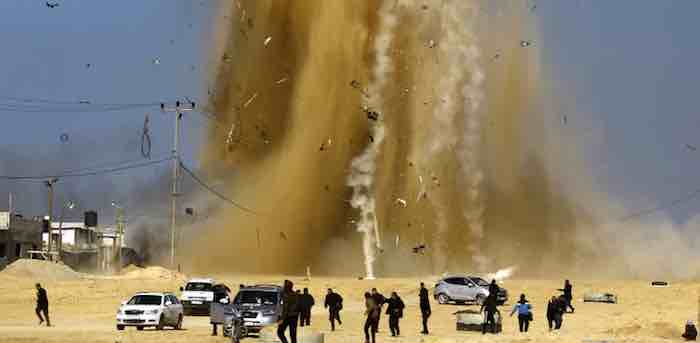 Conditions in the Gaza Strip today resemble those that prevailed before previous rounds of hostilities, above all Operation Protective Edge, and it thus appears that the road to a further round of fighting in Gaza – after over three years of relative quiet – is growing shorter.
Conditions in the Gaza Strip today resemble those that prevailed before previous rounds of hostilities, above all Operation Protective Edge, and it thus appears that the road to a further round of fighting in Gaza – after over three years of relative quiet – is growing shorter.
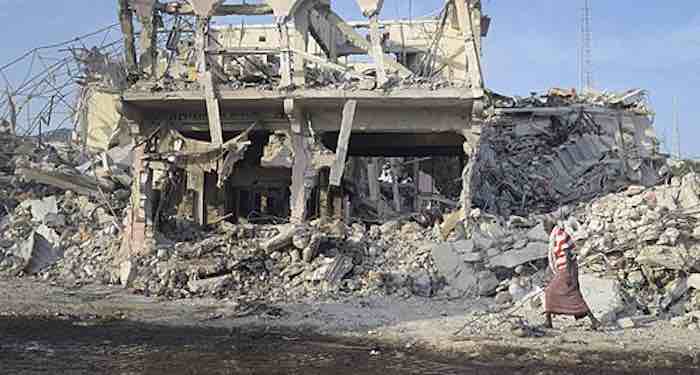 Suicide attacks remain one of the most effective tools available to terrorist organizations to achieve their objectives. Suicide attacks are for the most part particularly lethal and create a profound feeling of helplessness among the affected public, given that there presumably is no way to deter a person who is prepared to kill him or herself in order to harm his/her enemies.
Suicide attacks remain one of the most effective tools available to terrorist organizations to achieve their objectives. Suicide attacks are for the most part particularly lethal and create a profound feeling of helplessness among the affected public, given that there presumably is no way to deter a person who is prepared to kill him or herself in order to harm his/her enemies.

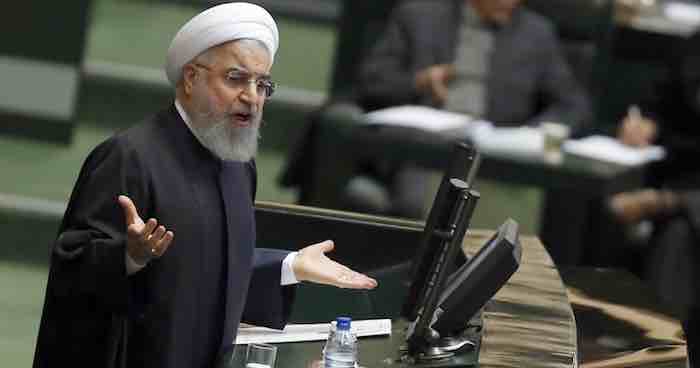
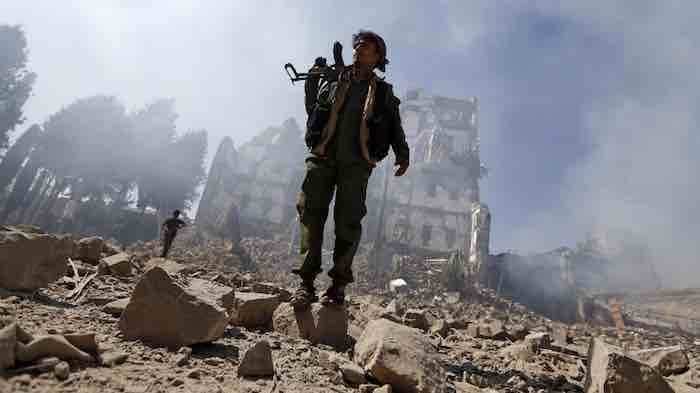
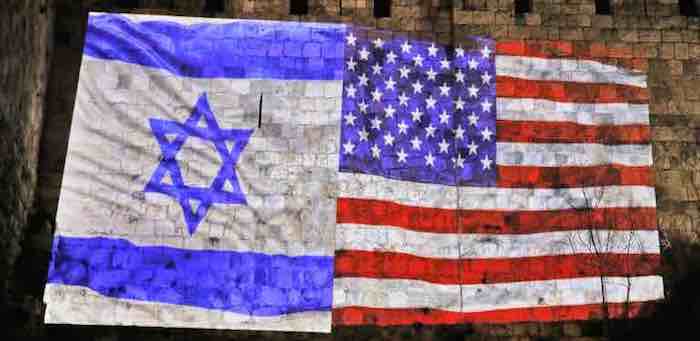
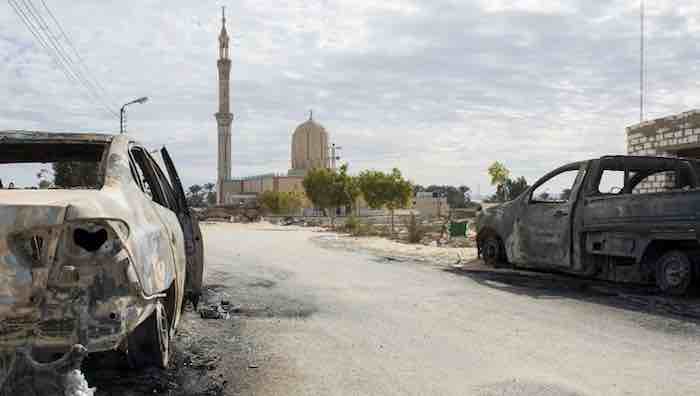
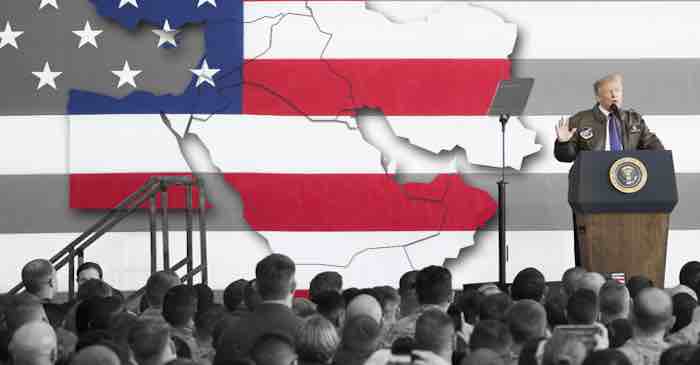
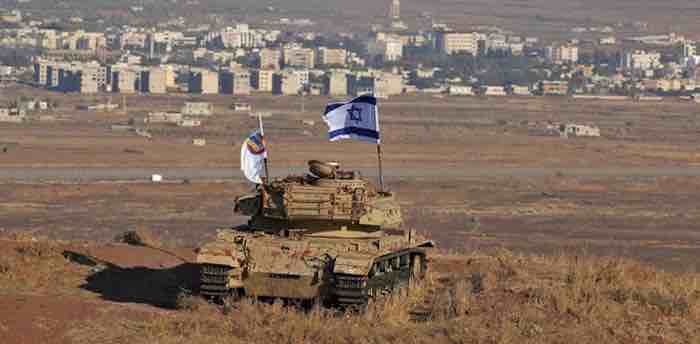 It seems that the time is coming when Israel, if it wants to stop Iran’s influence and consolidation in Syria, will have to become actively engaged in the Syrian quagmire.
It seems that the time is coming when Israel, if it wants to stop Iran’s influence and consolidation in Syria, will have to become actively engaged in the Syrian quagmire.
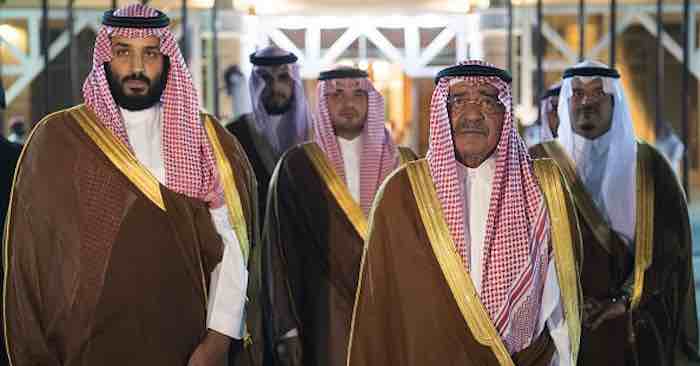 Saudi Arabia is challenged in nearly every dimension, on both domestic and external levels. Therefore, the recent turmoil in the kingdom, reflected in an unprecedented number of arrests of hundreds of officials, including key leaders of the economic, communications, and political sectors, may prove to be a development of historic magnitude. Will the political upheaval be perceived by Riyadh’s enemies as a window of opportunity to intensify pressure?
Saudi Arabia is challenged in nearly every dimension, on both domestic and external levels. Therefore, the recent turmoil in the kingdom, reflected in an unprecedented number of arrests of hundreds of officials, including key leaders of the economic, communications, and political sectors, may prove to be a development of historic magnitude. Will the political upheaval be perceived by Riyadh’s enemies as a window of opportunity to intensify pressure?
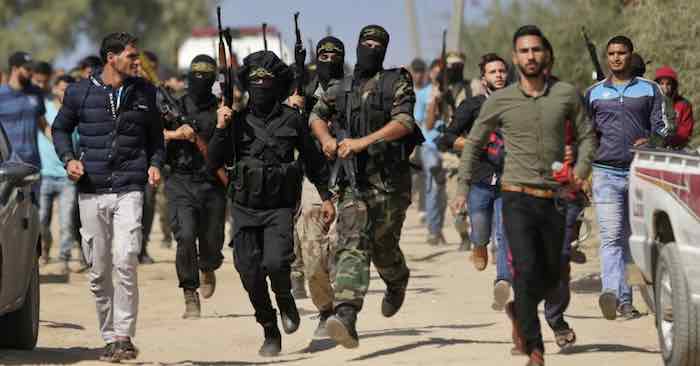 Israel’s proven ability to locate and destroy tunnels undermines the rationale of the enemy system (including both Hamas and Palestinian Islamic Jihad) whereby attack tunnels are a strategic and psychological tool par excellence. Despite the pressure to respond to Israel’s destruction of the Gaza tunnel because of the many casualties, it seems that Hamas does not want escalation at a time that it is focused on implementing the reconciliation agreement with Fatah.
Israel’s proven ability to locate and destroy tunnels undermines the rationale of the enemy system (including both Hamas and Palestinian Islamic Jihad) whereby attack tunnels are a strategic and psychological tool par excellence. Despite the pressure to respond to Israel’s destruction of the Gaza tunnel because of the many casualties, it seems that Hamas does not want escalation at a time that it is focused on implementing the reconciliation agreement with Fatah.
 On November 4, 2017, during a visit to Saudi Arabia, Lebanese Prime Minister Saad al-Hariri made a sudden surprise announcement that he was resigning from office. In explaining his decision, Hariri had scathing words for Iran and Hezbollah, saying that Tehran is forcibly trying to impose facts on Lebanon: “Iran bypasses the Lebanese regime in an attempt to impose a reality on the ground.”
On November 4, 2017, during a visit to Saudi Arabia, Lebanese Prime Minister Saad al-Hariri made a sudden surprise announcement that he was resigning from office. In explaining his decision, Hariri had scathing words for Iran and Hezbollah, saying that Tehran is forcibly trying to impose facts on Lebanon: “Iran bypasses the Lebanese regime in an attempt to impose a reality on the ground.”
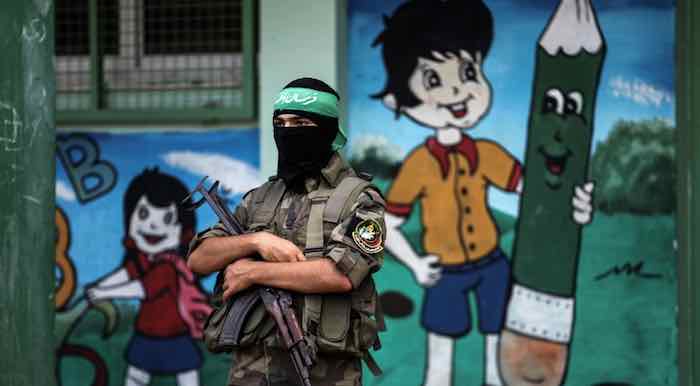 The severe economic crisis and deplorable conditions in the Gaza Strip, which worsened over the past year with the significant reduction in the supply of electricity, have spurred Hamas’s leadership to turn to several regional states for help, particularly Egypt, Qatar, and Turkey.
The severe economic crisis and deplorable conditions in the Gaza Strip, which worsened over the past year with the significant reduction in the supply of electricity, have spurred Hamas’s leadership to turn to several regional states for help, particularly Egypt, Qatar, and Turkey.
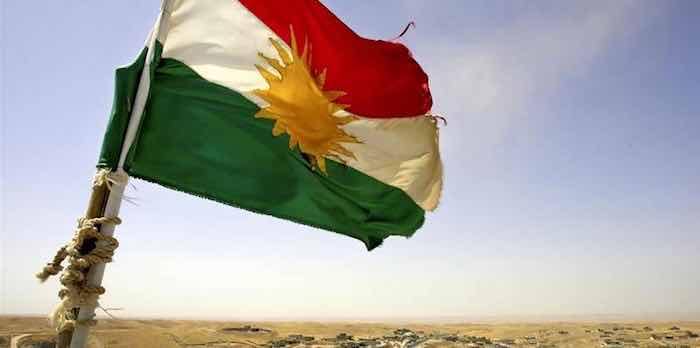 In a swift military action on October 16-17, 2017, the Iraqi government regained control of Kirkuk from the Kurds, who took over the area in 2014. The oil-rich Kirkuk district has been a source of conflict and the subject of negotiations between the Iraqi government and the Kurdistan Regional Government for many years.
In a swift military action on October 16-17, 2017, the Iraqi government regained control of Kirkuk from the Kurds, who took over the area in 2014. The oil-rich Kirkuk district has been a source of conflict and the subject of negotiations between the Iraqi government and the Kurdistan Regional Government for many years.
